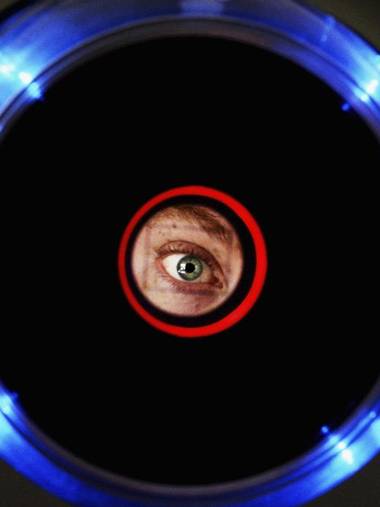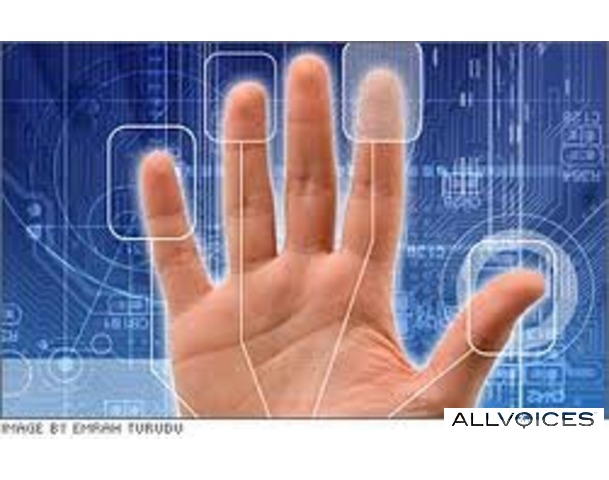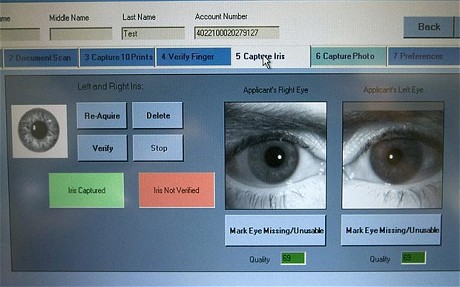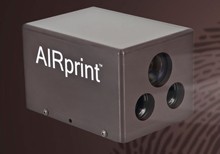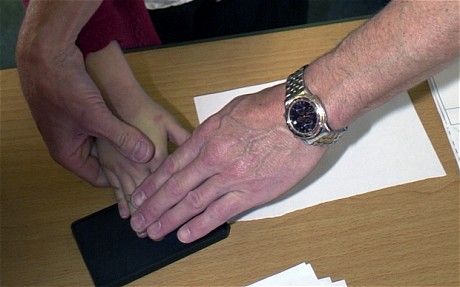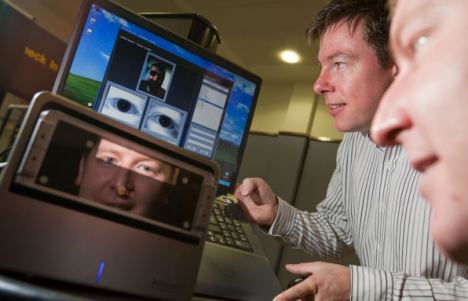– Meet SIBIOS: Argentina’s Massive, Orwellian Biometric Database (Liberty Blitzkrieg, Oct 21, 2013):
Two years ago, the UK dismantled their national ID scheme and shredded their National Identity Registry in response to great public outcry over the privacy-invasive program. Unfortunately privacy protections have been less rosy elsewhere. In Argentina, the national ID fight was lost some time ago. A law enacted during the military dictatorship forced all individuals to obtain a government-mandated ID. Now, they are in the process of enhancing its mandatory National Registry of Persons (RENAPER) with biometric data such as fingerprints and digitized faces. The government plans to repurpose this database in order to facilitate “easyaccess” to law enforcement by merging this data into a new, security-focused integrated system. This raises the specter of mass surveillance, as Argentinean law enforcement will have access to mass repositories of citizen information and be able to leverage existing facial recognition and fingerprint matching technologies in order to identify any citizen anywhere.
– From the EFF’s must read article: Biometrics in Argentina: Mass Surveillance as a State PolicyThe above passage was written in early 2012, but I had never taken the time to look into Argentina’s burgeoning and extremely creepy biometric database until now. It takes on increased importance to Americans now that Apple has rolled out its iPhone 5NsA.
Don’t worry though, Apple is a private company and they’d never work with the NSA or anything…
The video below is the promotional video of the Biometric ID Database in Argentina, and is an epic example of state propaganda.
Because the Argentine government has such a storied history of doing the right thing…In Liberty,
Mike

